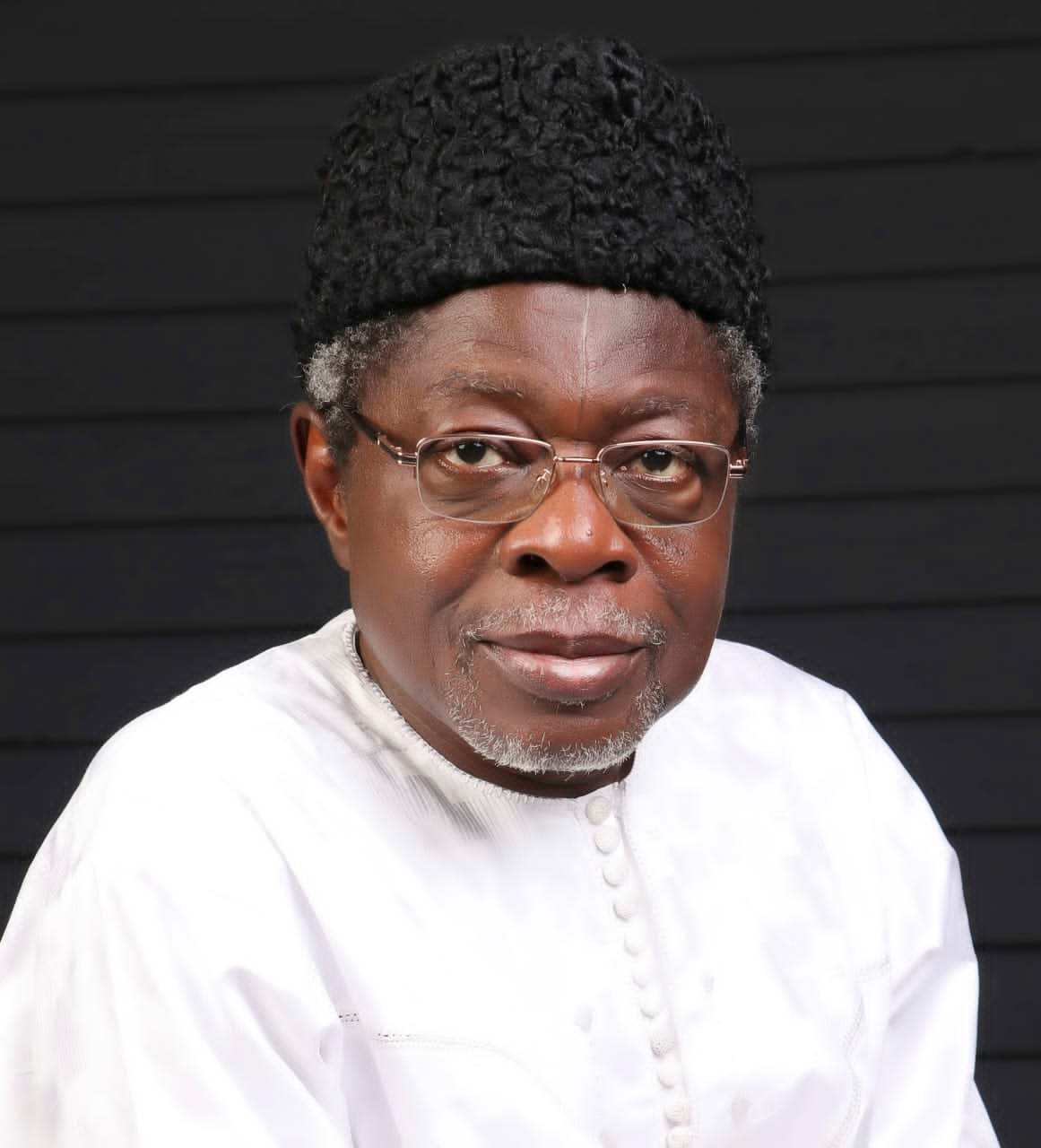Recently, there have been people saying they regret not voting for President Asiwaju Bola Ahmed Tinubu. To them, he has performed beyond expectations. In just three weeks? This is quite unprecedented because what we used to have were people either jumping off from a rudderless boat or dropping down from a driverless bus. Many people …
